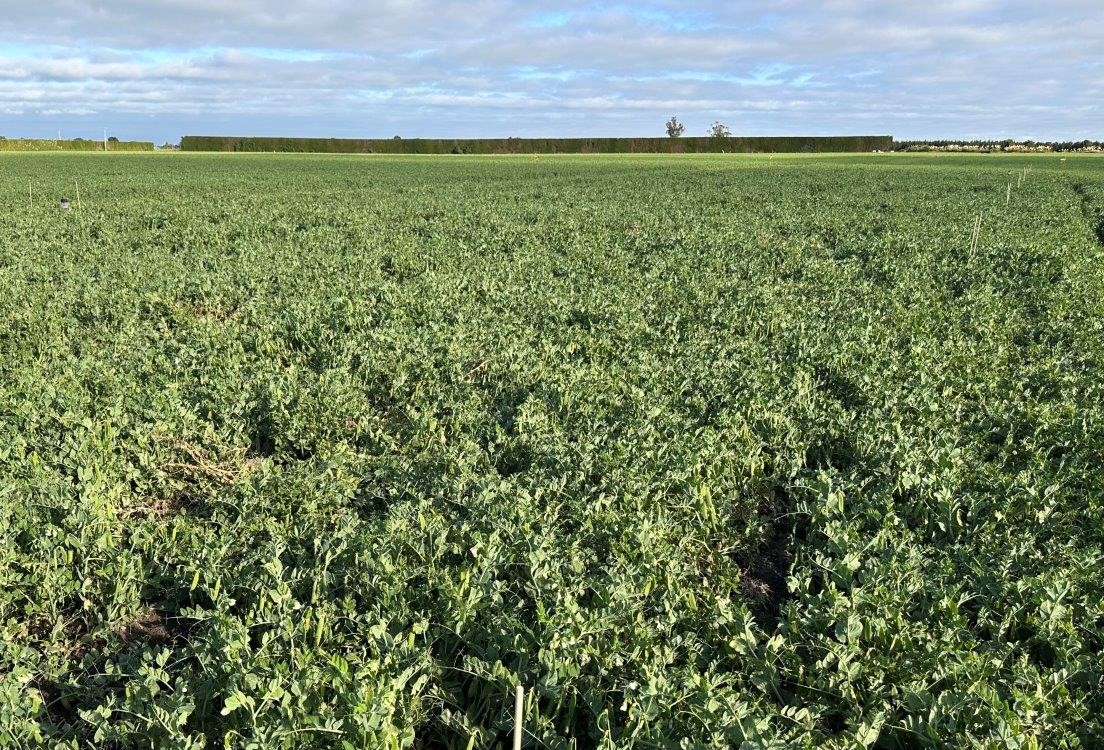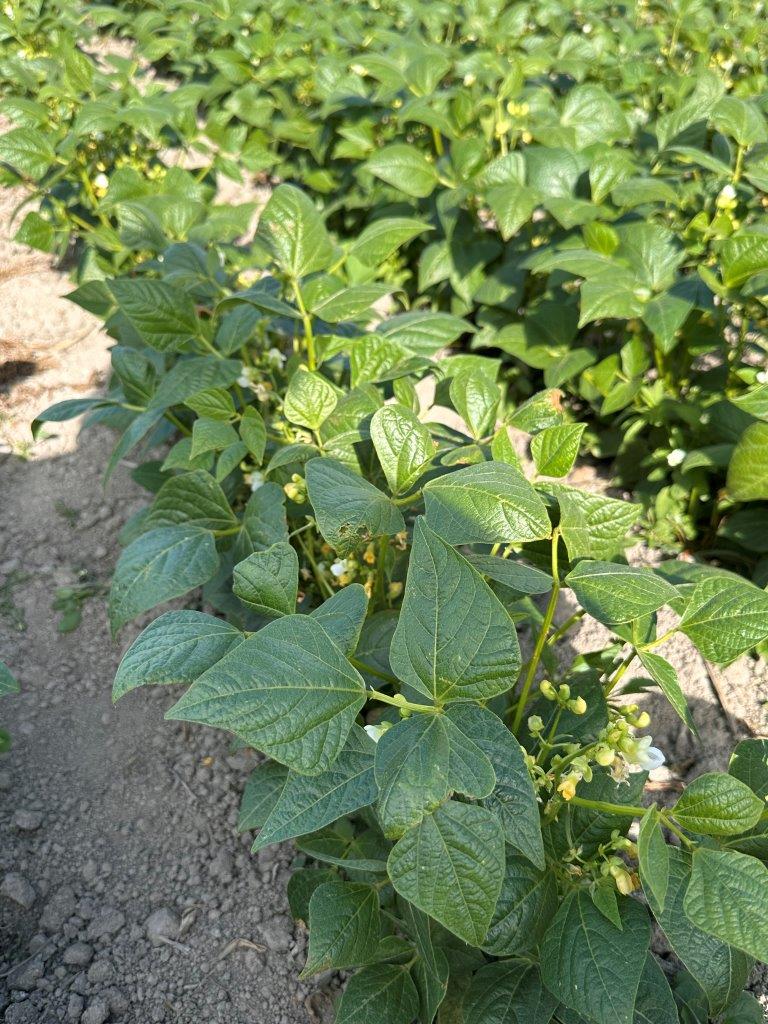Two seasons of field trials evaluating biological controls in two process vegetable crops have revealed promising results, but also highlight the need for further research to ground-truth the findings for growers.
The project, now in its third year, involves A Lighter Touch and Process Vegetables New Zealand, processing companies Heinz-Watties (Kraft-Heinz) and McCain Foods, and research partner Plant and Food Research. It aims to identify bio-fungicides and stimulants which are effective against two of the key diseases, fusarium and sclerotinia, in peas and dwarf beans.
About 7000 hectares of peas are grown annually for processing, while about 700 hectares of dwarf beans are grown each year. The total farm gate value of these two crops is $30 million annually and accounts for about half of New Zealand’s processed produce.
The control options available to growers for management of fusarium in peas and sclerotinia white mould in dwarf beans is limited by both the small number of chemicals registered for use on the two crops in New Zealand and by international market restrictions on maximum residue levels.
The project aims to provide growers with sustainable options for managing the two diseases. As with many A Lighter Touch projects, there is pan-sector interest in the trials, with the outcomes having the potential to also benefit both the arable and fresh vegetable sectors.

The Canterbury pea trial about two weeks away from harvest in mid February 2025. Image: Nigel Rowe-Lucas.
The first two seasons of trials for the project were sited in Canterbury and some products showed a promising level of control of the two diseases targeted. However, efficacy of some of the biological products varied due to differences in disease pressure, impact of an early season frost and weed competition in the second year of the bean trial.
The seasonal variation prompted the project team to make the decision to carry out two more seasons of replicated field trials in order to fully validate the efficacy of the products showing most promise. The further two seasons of trials will also generate data for application timing of these products.
The current season trials have been extended to include a bean trial in Hawke’s Bay, in addition to the pea and bean trial sites in Canterbury. Next season, in the fourth year of the project, there will be dedicated trial sites for each crop in both Canterbury and Hawke’s Bay. These sites will also serve as demonstration sites, enabling growers and representatives from processing companies to visit and observe trial performance by appointment.
The fifth and final year of the project will focus on extension of knowledge from the project. The best performing biological products will be incorporated into disease management programmes for peas and beans, and these programmes will be implemented as commercial scale demonstration field trials in Hawke’s Bay and Canterbury.

The Canterbury bean trial in mid-February 2025. Image: Nigel Rowe-Lucas.
These demonstration trials will be used to host field walks with growers and agronomists to share findings on the use of biological products in a disease management programme. Many process vegetable growers have not used biological products previously, so providing advice and information on how the products work and how to use them effectively will be a key element to ensure grower uptake.
This season’s pea trial is expected to be harvested in late February, and the two beans trials in March. Plant and Food Research will then analyse the data from the trials to inform the product selection and crop management of the trials in Canterbury and Hawke’s Bay in the 2025/26 growing season.
Keep up to date with this project in the Our Projects section of the A Lighter Touch website.